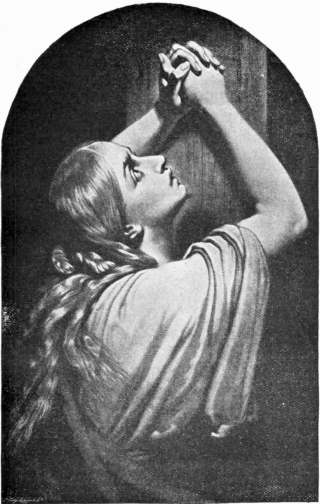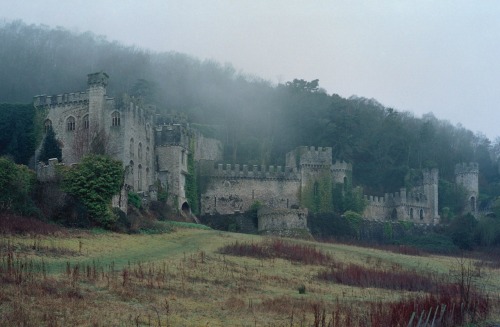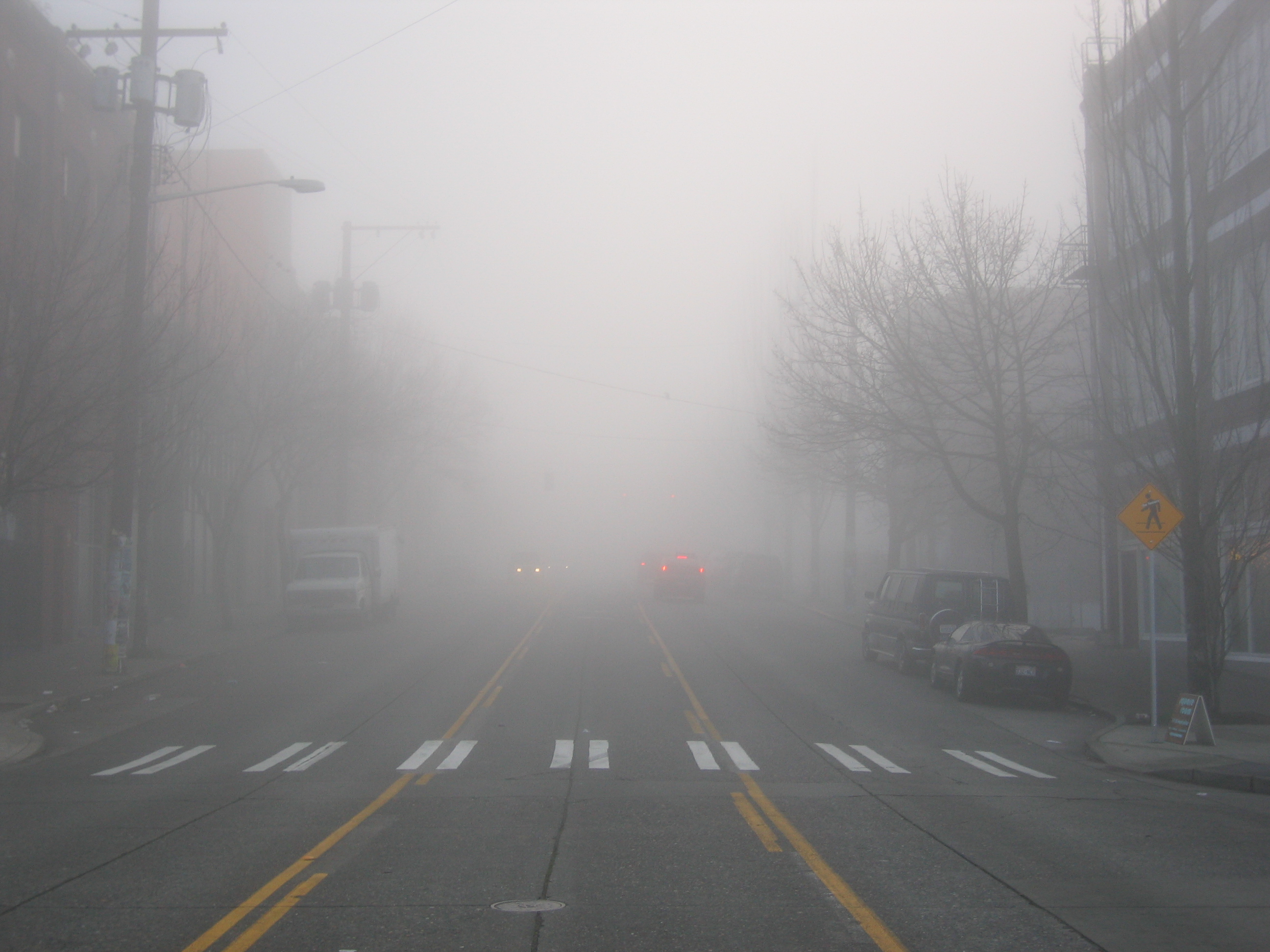N always comes across the same mentally disturbed person on the street corner. She even knows of the person - a former graduate student. She never seems to talk to her, but she imagines their sameness: "Her madness is my madness". But it's a helpless empathy. A poem, probably not of much use to the homeless woman, and some good thoughts about the state of homelessness and mental sanity are all that result from their meeting (fine, that we know of).
I like that the poem makes me contemplate such complexities. Has the poet composed a good poem if it does not help the poem's subject? Do you applaud or condone the artist who photographs starving children? Is art worthy for art's sake alone?
And yes, I get that the poem tackles the scene of the homeless woman and then the lucky stance of N - who, despite being 'mad' is safely ensconced away in her studies and not selling trinkets for small change. But a good poem allows for other thoughts and this one got me thinking about the worth of art for social v artistic good and that's a very neat trick of today's poem.
Favorite line: "Of course the tall stringy woman / draped in a crocheted string-shawl / selling single red carnations / coned in newsprint"
Of course the tall stringy woman
draped in a crocheted string-shawl
selling single red carnations
coned in newsprint - See more at: http://www.poets.org/viewmedia.php/prmMID/23386#sthash.M9sXfrr9.dpuf
draped in a crocheted string-shawl
selling single red carnations
coned in newsprint - See more at: http://www.poets.org/viewmedia.php/prmMID/23386#sthash.M9sXfrr9.dpuf
Of course the tall stringy woman
draped in a crocheted string-shawl
selling single red carnations
coned in newsprint - See more at: http://www.poets.org/viewmedia.php/prmMID/23386#sthash.M9sXfrr9.dpuf
draped in a crocheted string-shawl
selling single red carnations
coned in newsprint - See more at: http://www.poets.org/viewmedia.php/prmMID/23386#sthash.M9sXfrr9.dpuf
Her madness is my madness
Her madness is my madness
Her madness is my madness







